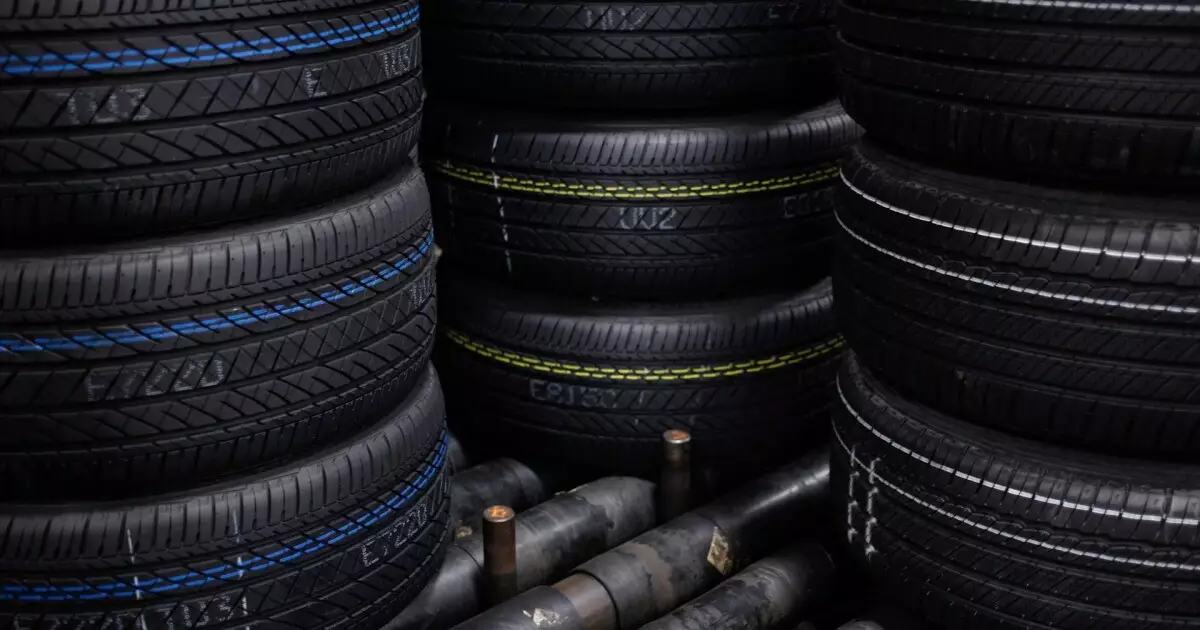The municipal bond market is about to face an intriguing flashpoint with the upcoming $1.15 billion bond sale tied to a tire factory in Oklahoma. Managed by the Salina Economic Development Authority, this deal is aimed at creating economic opportunities through American Tire Works (ATW) — a subsidiary of a Finnish company. While the allure of high-yield bonds is undeniable, especially in an environment that seems to celebrate risk-taking, potential investors must grapple with the caveats that accompany such lucrative offers.
There’s no denying that the hunger for high-yield opportunities has been piquing interest among risk-averse investors seeking greater returns. However, this particular bond sale, which is unrated and restricted to qualified investors, illustrates the conundrum: can substantial potential rewards outweigh the inherent risks?
Analyzing the Risk Factors
The bonds are pitched with an eye-popping 8% coupon and a tax-free yield of 8.46%. At first glance, these figures suggest a promising investment. Yet hedging bets against the potential solar flare of market volatility is critical. Recent trends in municipal bond yields reflect a cautious approach, with rates increasing approximately 30 basis points over the month amid economic uncertainty. The investment landscape grows shakier by the day as concerns about inflation and market stability loom large.
Chad Farrington from DWS Group succinctly emphasizes the challenge: for investors, this deal will serve as a litmus test of their appetite for risk. When high-yield municipal bonds can outshine investment-grade debt by 0.65 percentage points, the allure becomes evident. Yet, investors must navigate through more than just tantalizing numbers; they need to evaluate whether they can stomach the potential financial heartburn that often accompanies such deals.
Market Conditions and Their Implications
Investors will also want to consider broader market dynamics. The current environment has posed challenges; underperformance in high-rated benchmarks could easily shift sentiments toward riskier ventures like these bonds. Following recent trends, many investors are showing signs of wariness, even as strong inflows into high-yield funds continue to prop them up. While the potential for juicy yields exists, there is a palpable tension between optimism for returns and realistic assessments of credit quality.
The structured nature of this debt also raises eyebrows. Backed solely by revenues of the operations coming out of the newly established plant, the financial viability of this venture rests squarely on the wheels of operational performance. Investors should not forget the uncertainties of a startup factory, especially one that plans to churn out 4.3 million tires annually. One faulty business decision or production hiccup can significantly dilute profits, leaving bondholders out in the cold.
Job Creation versus Economic Viability
Beyond the profit margins and interest payments rests a more philosophical question: is this kind of investment genuinely aligned with the public benefit it claims to promote? Sure, the promise of 500 new full-time jobs is commendable, yet it does not negate the levels of systemic risk that accompany the financing. Is it worth plunging into a significant debt load with uncertain returns, however well-intentioned the economic revival goals may be?
Moreover, engaging with a foreign company can create a divide between the local community and the benefits supposedly aimed at bolstering regional employment. The long-term sustainability of these jobs and whether they offer real career potential should be a concern for investors and stakeholders alike.
The Road Ahead: Caution is Key
The Public Finance Authority in Wisconsin — acting as the conduit for this bond sale — has an essential role in managing and overseeing these complex financial arrangements. However, the dependence on a foreign enterprise to spearhead local job creation raises questions on both economic patriotism and stability.
As investors prepare for what is projected to be a tumultuous sale, it is imperative that they weigh the excitement of high yields against the stark realities of credit risk and economic viability. Ultimately, markets thrive on transparency and trust. The larger issue here is whether investors are ready to take a gamble on not just numbers, but the fragile economic tapestry of a local community, powered by a startup factory in the heart of Oklahoma.

